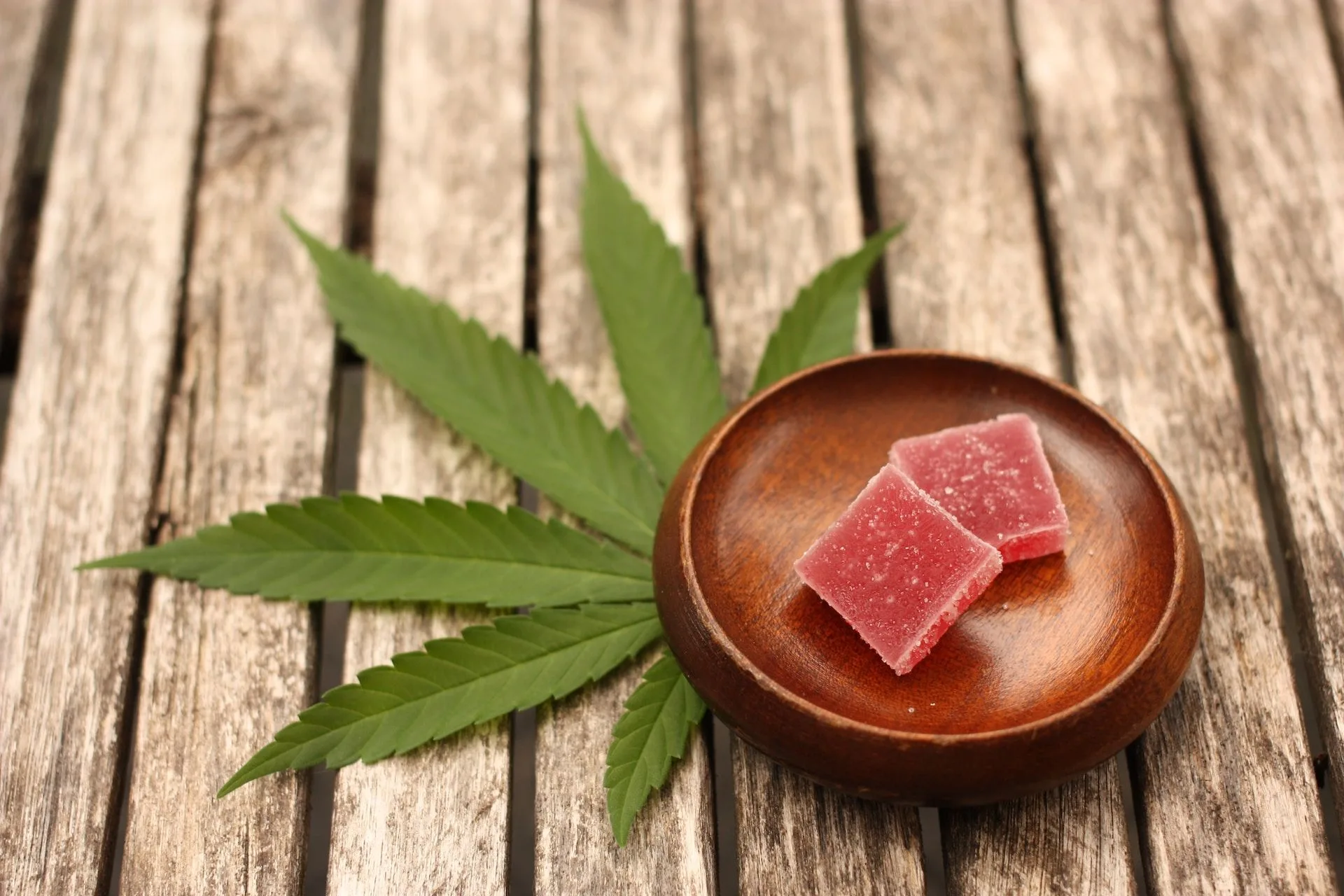The Fourth Circuit Court of Appeals has ruled that all hemp-derived products, including those created through chemical synthesis, are legal under federal law.

Hemp gummies.
This ruling aligns with a 2022 decision from the Ninth Circuit but goes against more recent guidance from the DEA. In a letter from February 2023, the DEA stated that the 2018 Farm Bill was not intended to legalize synthetic cannabinoids, such as THC-O, even if their THC content is below the legal limit.
Despite acknowledging the disagreement, the Fourth Circuit sided with the Ninth Circuit’s interpretation, which held that the Farm Bill’s definition of hemp includes all cannabis plant derivatives as long as they contain less than 0.3 percent delta-9 THC. The court stated that this interpretation is clear and that they did not need to defer to the DEA’s position.
“The Ninth Circuit held that it didn’t need to consider the DEA’s position on synthetically derived substances because the definition of ‘hemp’ under the 2018 Farm Act was unambiguous in its application to all products derived from the cannabis plant, ‘so long as they do not cross the 0.3 percent delta-9 THC threshold,’” states the court. “Between the DEA’s February 2023 letter and [the Ninth Circuit decision], we think the Ninth Circuit’s interpretation of the 2018 Farm Act is the better of the two. And we’re free to make that determination ourselves, despite a contrary interpretation from the DEA, because we agree with the Ninth Circuit that § 1639o is unambiguous.”
The case arose from a dispute over whether an employer could fire an employee for using hemp products. The court ultimately upheld the firing because the employee failed to prove the products used were compliant with the THC limits outlined in the 2018 Farm Bill.






